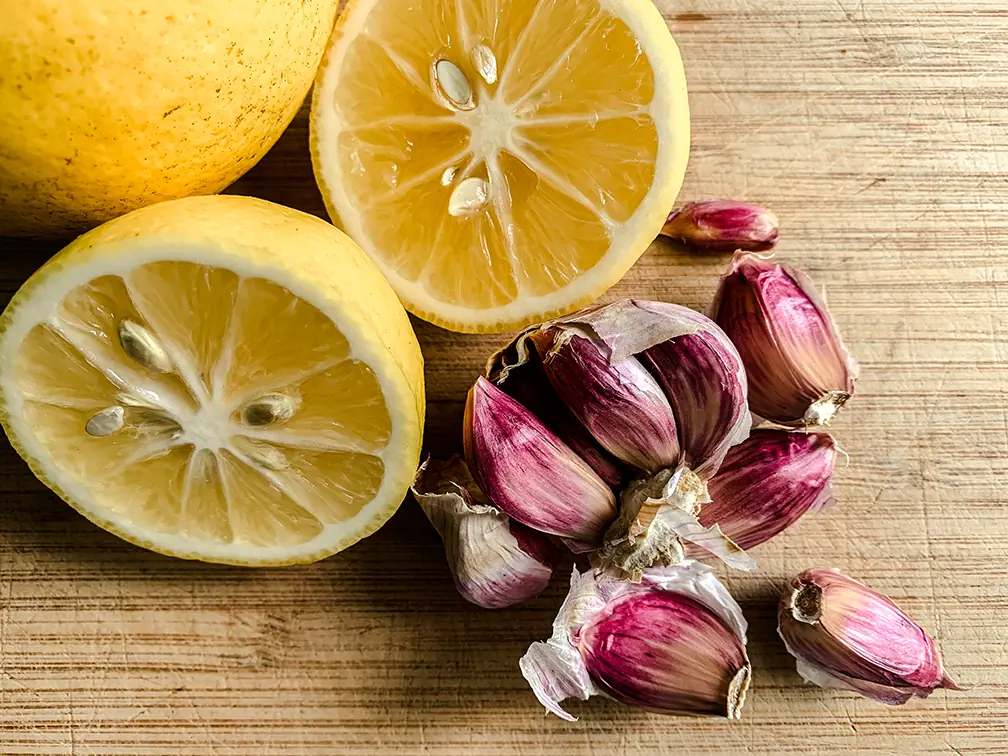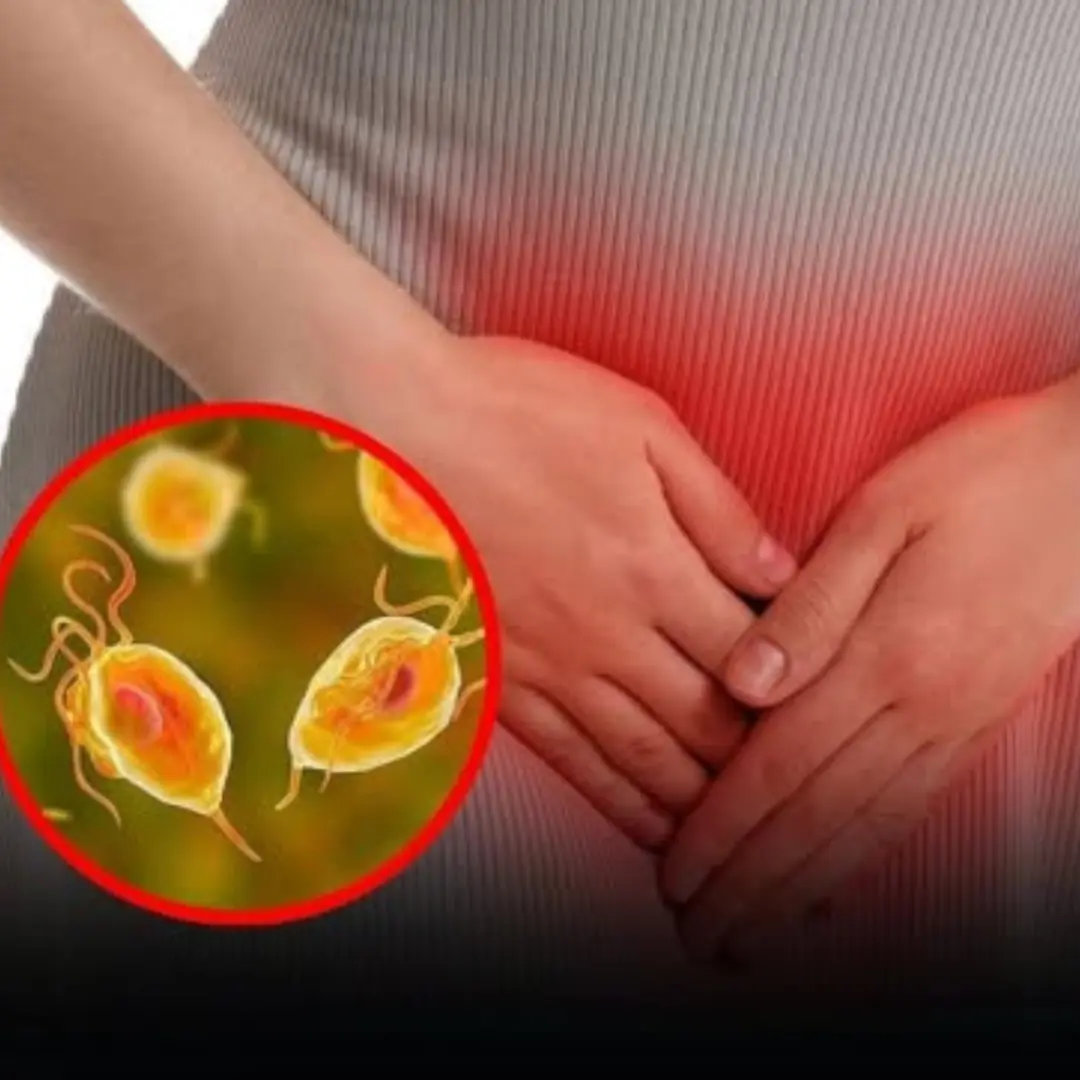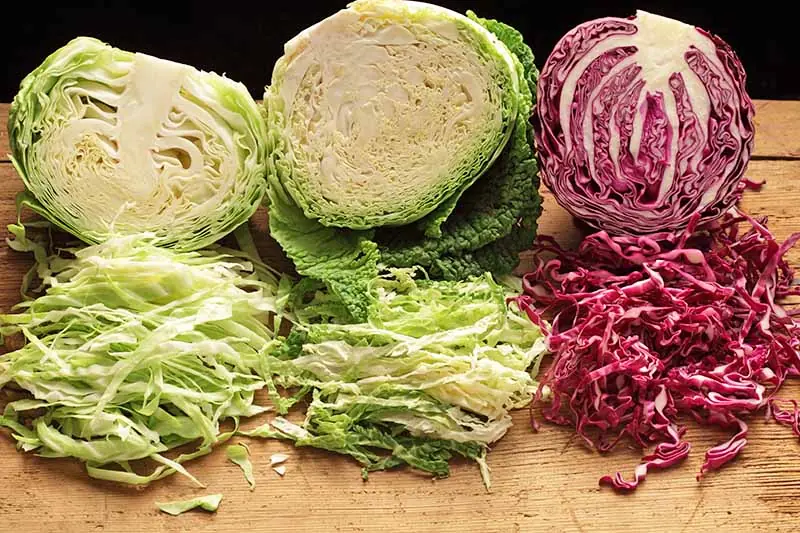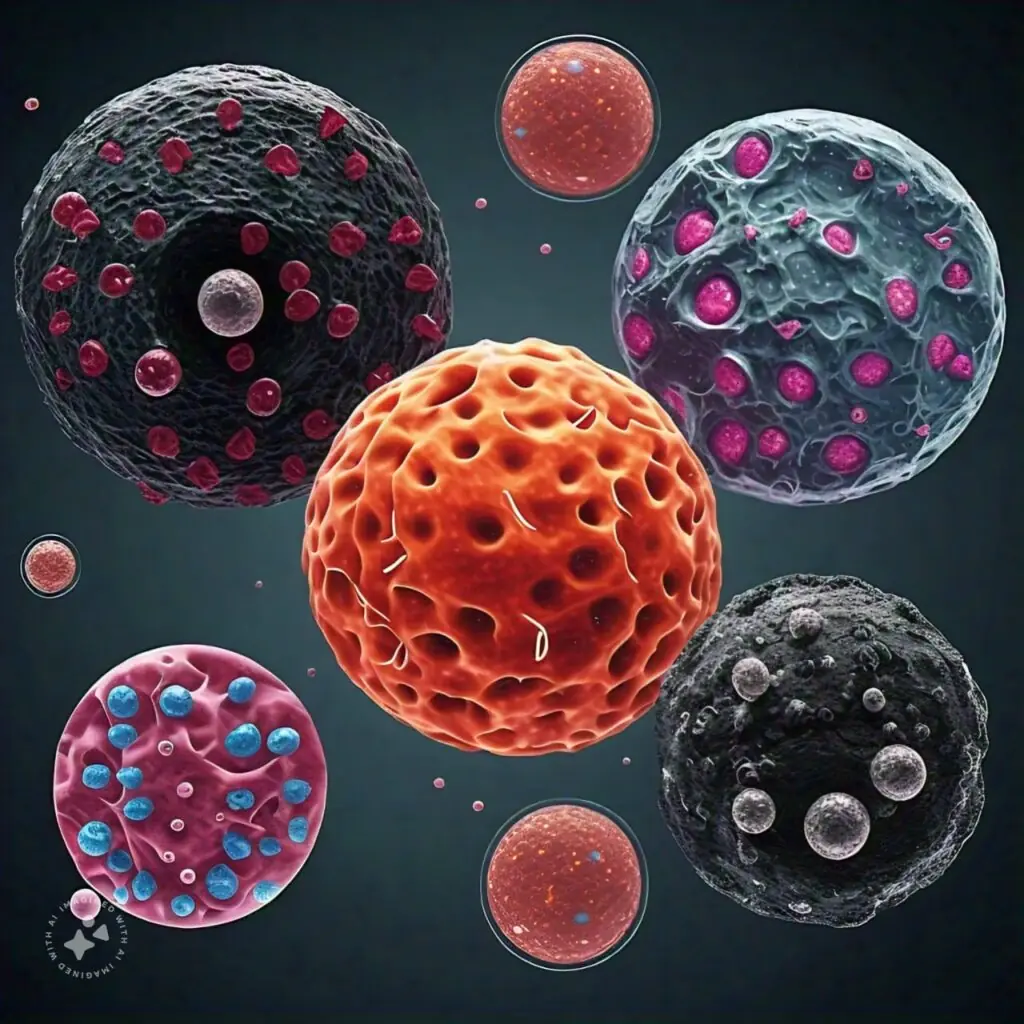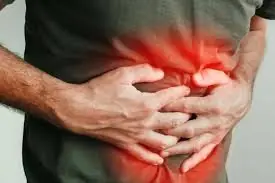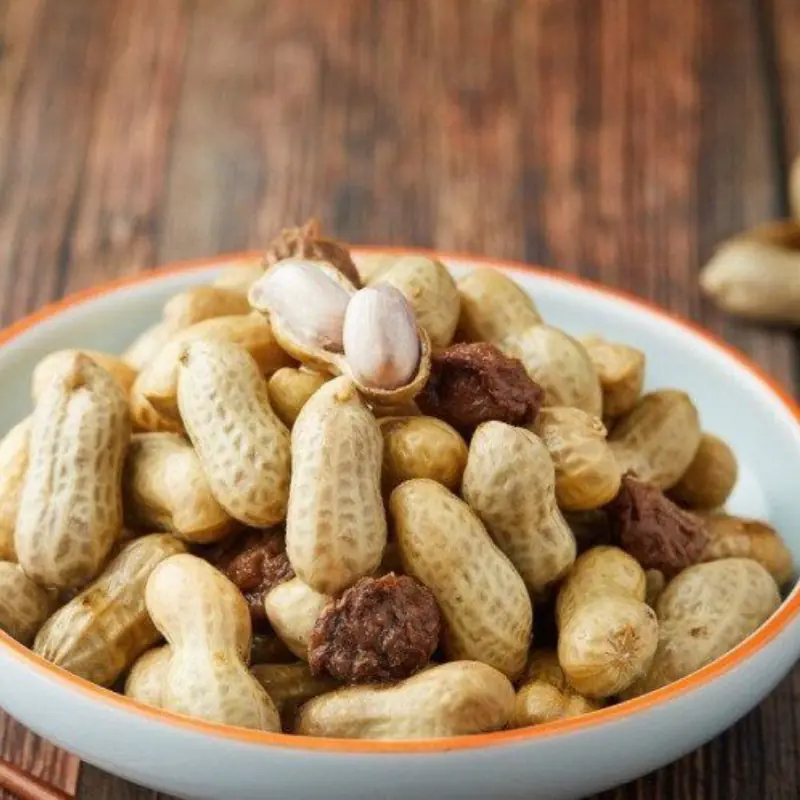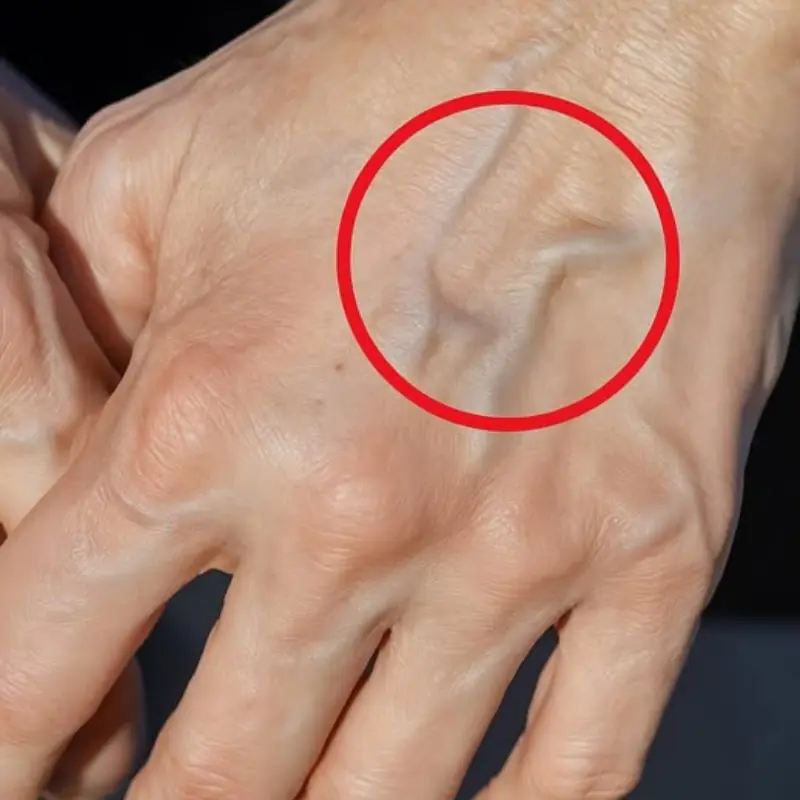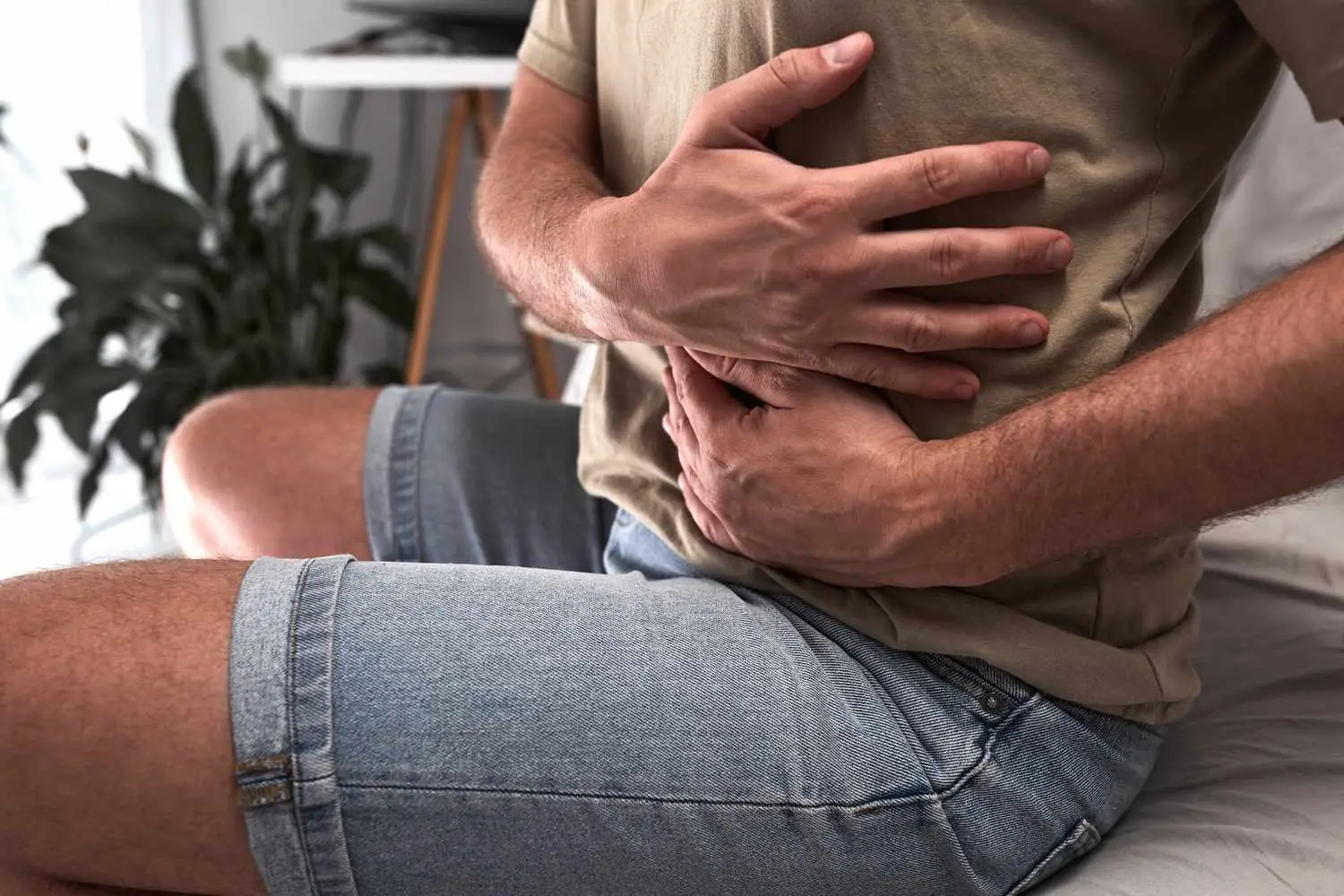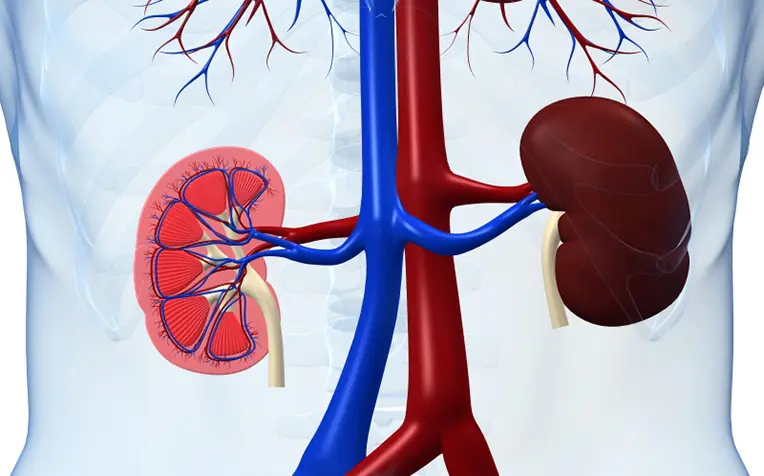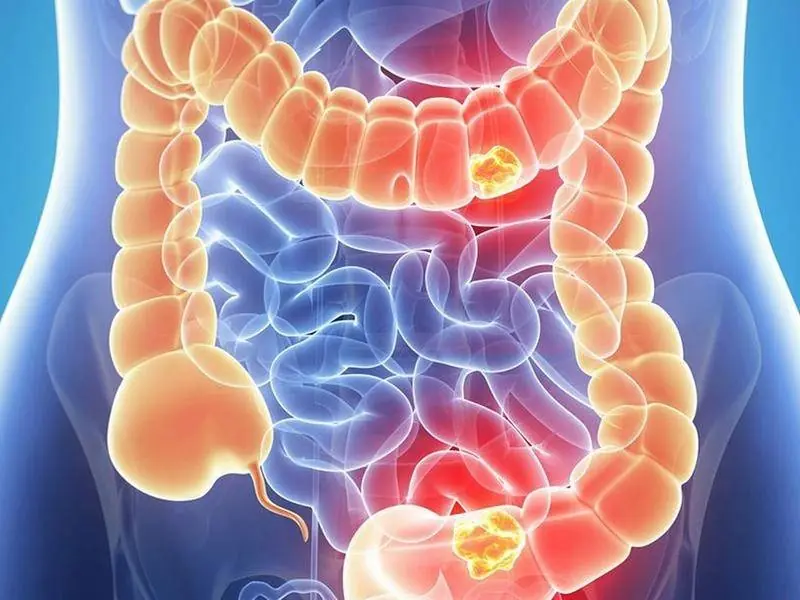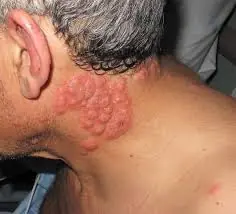51-Year-Old Man Shoc.ked to Discover Brain Dam.age: The “Culprit” Is 4 Favorite Dishes Many People Love
After months of eating his favorite dishes, a 51-year-old man began experiencing unusual headaches. A medical check-up revealed multiple lesions in his brain.

Favorite Foods That Let Parasites “Settle” in the Brain
Mr. H.V.C. (51, from Hanoi) suffered from persistent dull headaches for about 10 days. Aside from the headache, he showed no other unusual symptoms.
He visited a hospital and underwent various diagnostic tests. X-rays showed calcified nodules in his neck, shoulders, chest, and abdomen—signs of parasitic infection. Brain MRI scans revealed lesions in both occipital lobes and scattered calcified nodules in the thalamus, both cerebral hemispheres, and the cerebellum. Based on analysis, doctors diagnosed him with brain damage caused by parasites—specifically neurocysticercosis, an infection of the central nervous system by pork tapeworm larvae. He was prescribed treatment and advised to be closely monitored.
Upon reviewing his history, the patient revealed that over the past few months, he had regularly consumed dishes like raw fish salad, blood pudding (tiết canh), fermented pork rolls (nem thính), and rare pork with lime. These were his favorite dishes, often enjoyed during drinking sessions with friends or family gatherings.
Dr. Ngo Chi Cuong, Deputy Director of Medlatec General Hospital, shared that recently, the hospital has seen many cases of parasitic infections, especially pork tapeworm larvae and liver fluke infections. A common factor among these patients is the consumption of undercooked pork dishes and raw vegetables.
According to Dr. Cuong, pork tapeworm larvae infections mainly stem from poor food hygiene, including eating raw or undercooked foods like blood pudding, rare pork, fermented pork rolls, and others.
In some rural areas, free-range pig and cattle farming leads to these animals defecating in open areas. Their feces can contain parasite eggs that contaminate grass and vegetables. When humans or animals consume these, the eggs develop into larvae in the body.
Parasitic diseases often progress silently in the body for years—sometimes up to 10–20 years—without obvious symptoms. This leads to misdiagnoses with neurological disorders or strokes. Without timely detection and treatment, these conditions can cause partial paralysis and other serious complications.

Blood Pudding, Raw Fish, Rare Pork – Hidden Dangers
Many people still believe that home-raised pig, duck, or goat blood pudding is safe. However, consuming blood pudding carries a high risk of parasitic and infectious diseases.
Dr. Cuong emphasized that contrary to popular belief, blood pudding is neither cooling nor “blood-enriching,” and it does not possess healing properties. In fact, it is a major health hazard—some people get infected with parasites after just one serving.
Besides blood pudding, raw or undercooked meats and raw fish dishes can also transmit tapeworm larvae. Once in the body, these larvae can travel through the bloodstream to the brain or muscles, causing disease.
Dr. Cuong warned that without timely diagnosis and treatment, parasitic infections may lead to dangerous complications such as gallbladder inflammation, liver abscess, acute bile duct infection, or subcapsular liver hematoma.
How to Prevent Parasitic Infections
To protect yourself from parasitic diseases, follow these tips:
-
Get regular health check-ups and screenings, especially if you experience symptoms like skin itching or digestive issues.
-
Avoid eating raw or undercooked foods, particularly blood pudding, rare meats, and aquatic vegetables.
-
Wash hands thoroughly with soap before preparing food, after handling raw foods, before meals, and after using the restroom.
-
Clean cooking utensils and dishware carefully. Use separate tools for raw and cooked foods.
-
In high-risk areas, local authorities should issue public health warnings and encourage early medical consultations and timely treatments.
